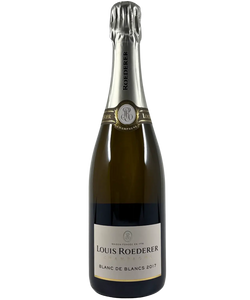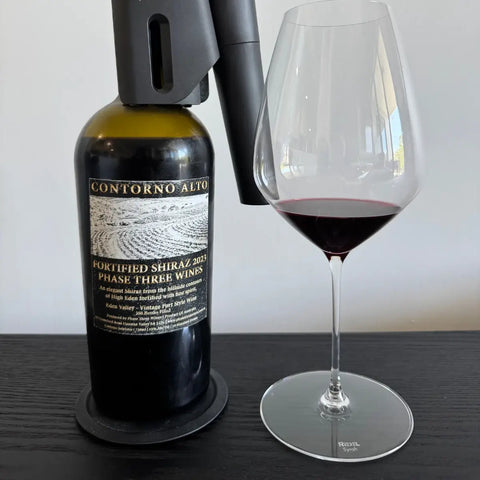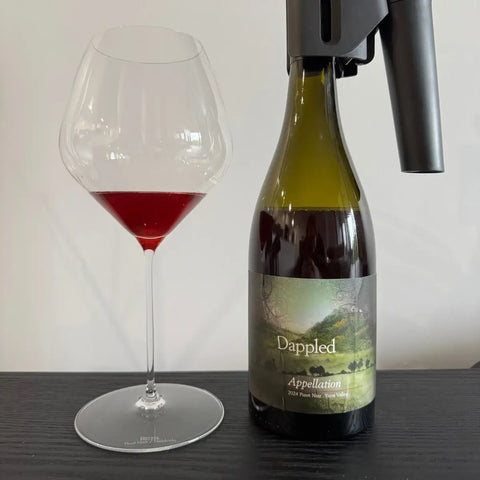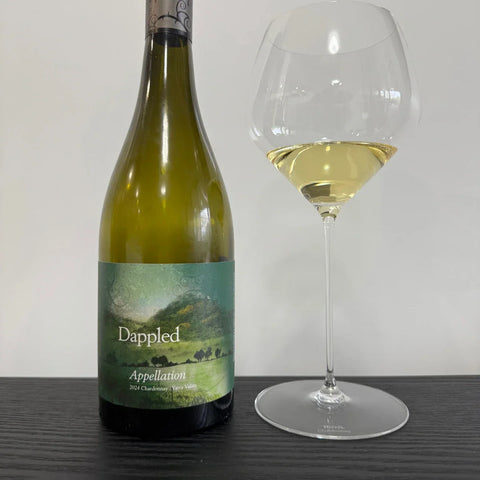Some wines are meant to be cracked open on a weeknight. Others? They’re made to go the distance — improving for 10, 20, even 50+ years in the cellar.
But what actually makes a wine age-worthy?
It’s not just about price or prestige. It comes down to structure, balance, and a few key factors that determine whether a wine will fall flat — or flourish — with time.
Here’s your guide to what makes a wine built to age.
First: what does “age-worthy” even mean?
An age-worthy wine is one that improves over time in bottle. It doesn’t just survive — it evolves.
That evolution might look like:
- Tannins softening and becoming more integrated
- Fruit flavours giving way to earthy or savoury notes
- Acidity mellowing and adding texture
- Aromas developing complexity — from fresh fruit to spice, herbs, leather, nuts, and more
Great age-worthy wines hit their peak years or decades after release, delivering depth and nuance that young wines just can’t match.
Key components of age-worthy wine
So, what actually gives a wine the bones to last? Here's what matters most:
1. Tannin
Tannins are naturally occurring compounds found in grape skins, seeds, and stems (and from oak barrels). They give red wine its grip — that drying, puckering sensation.
High tannin = greater potential for ageing.
Why it matters: Tannins act as a preservative. Over time, they soften and polymerise, adding structure and complexity.
Examples: Cabernet Sauvignon, Nebbiolo, Syrah/Shiraz
2. Acidity
Acid is the backbone of a wine — keeping it fresh and vibrant, even as other elements evolve.
Why it matters: Acidity preserves freshness and balances richer flavours as the wine ages. Wines with low acid often fall flat with time.
Examples: Riesling, Chardonnay, Pinot Noir
3. Fruit concentration
You need enough fruit for a wine to carry through its ageing journey. If fruit is too delicate, it may disappear before the structure softens.
Why it matters: Fruit fades with age — but if there’s enough to start with, it will evolve into complex secondary and tertiary flavours instead of just dropping away.
Old vines often help here, since lower yields = more concentrated grapes.
4. Balance
It’s not just about power. Wines need to be in harmony — with no one element overpowering the others.
Why it matters: Age-worthy wines feel complete, even when young. They may be tight, but they’re not awkward. If a wine feels unbalanced now, cellaring probably won’t fix it.
5. Winemaking choices
How a wine is made can influence its ageing potential.
- Oak aging adds structure and flavour complexity.
- Whole bunch fermentation can add tannin and lift.
- Residual sugar in sweet wines acts as a preservative.
- Minimal intervention (when done well) can let the vineyard shine with long-term payoff.
What about white wine?
Yes — white wines can age beautifully too.
Look for:
- High acidity (e.g. Riesling, Chenin Blanc)
- Texture from lees or oak aging (e.g. Chardonnay)
- Residual sugar (e.g. Sauternes, Tokaji, Spätlese Riesling)
Some of the world’s most age-worthy wines — like Grand Cru Chablis or vintage Champagne — are white.
Age-worthy doesn’t mean better
It’s easy to assume that ageing = quality. But not every great wine needs to be cellared for years. Some are stunning in their youth — all vibrant fruit and immediate charm.
That said, if a wine has age-worthy traits, the payoff can be huge:
- More complexity
- Silky, integrated texture
- Rare flavours that only develop with time
Collecting or investing?
If you’re building a cellar or investing in wine, age-worthiness matters — a lot.
Here’s why:
- Peak drinking windows drive demand. Buyers want wines in their prime.
- Critic scores often reward age potential.
- Rarity increases with time — as bottles are opened, supply shrinks.
- Provenance becomes critical. Buyers will pay more for properly cellared bottles from reputable sources.
This is why secure, temperature-controlled storage is a must for anyone buying with an eye to the future.
Final sip
Age-worthy wines aren’t just good — they’re layered, complex, and capable of telling a story over time.
Tannin, acidity, fruit concentration, balance, and thoughtful winemaking all play a part. But just as important? Knowing what you like and storing it well.
Because whether you’re holding for flavour or for value, the best wines are the ones you get to enjoy — at their absolute peak.
🍷 Want to cellar your age-worthy wines?
We offer secure, climate-controlled storage — from just a few bottles to full collections. Learn more here.











